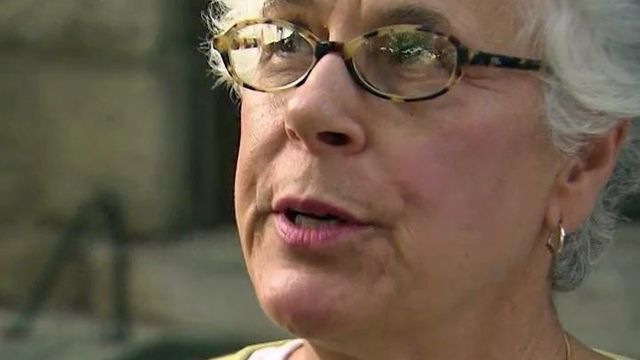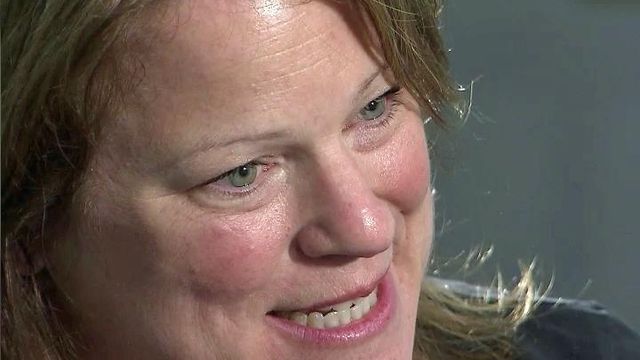Boston emotional trauma felt by Triangle residents
For many Raleigh residents, the pair of deadly bombs set off in the fourth hour of the Boston Marathon were a reminder that safety isn't guaranteed.
Posted — UpdatedSidewalks were packed, tables were full. It looked like any other day.
But the conversations of people in office buildings and on the street bore witness to the worries of many whose sense of security was shaken by the deadly bombings in Boston a day earlier.
The pair of bombs set off in the fourth hour of the Boston Marathon on Monday killed three, wounded more than 170 and reminded many Americans that safety isn’t guaranteed.
"Yesterday, Ashleigh was going to shut down on me," Triangle resident Donna Augustono said about her 24-year-old daughter. "She said, 'I'm not going anywhere. I’m not going to eat. I’m not going to the movies.'"
Ashleigh Dorsey said she worries about the Colorado shootings, the Sandy Hook Elementary School shootings and the Boston Marathon bombings.
"When you go out now, you're thinking, I wonder what that person is carrying in that bag or who is sitting next to me on the bus or who is looking at me in my car?" she said. "It's been a lot happening back to back, one thing after another."
It’s normal for people to feel increased stress and anxiety in times of tragedy, said Kayce Meginnis-Payne, a clinical psychologist and professor at William Peace University.
"I think it heightens everyone’s sense of vulnerability, so that people begin to question if the things they do – which are typically safe – are safe anymore," she said. "It makes people question the things they see, the people they are around."
She said even people hundreds of miles away from a catastrophic event can experience secondary trauma. The widespread use of social media can sometimes intensify negative reactions.
"People will have the sense they are more impacted because not only now do they have the TV and Internet, but they are hearing more firsthand account stories, friends of friends," Meginnis-Payne said. "They’re seeing images that can be inundating."
Although a majority of people removed from a traumatic event can function normally, Meginnis-Payne offers some advice for those feeling overwhelmed: Take it easy and spend extra time with loved ones.
"Beyond that, it’s really about getting back to living," she said. "It’s about turning off the television, spending time with your kids, investing in your work, doing things you enjoy doing and really living fully," she said.
Augustono’s advice to her daughter is a bit more blunt.
"I'm just like, 'Ashleigh, you can't do that. You can't shut down and pretend the world doesn't exist,'" she said.
• Credits
Copyright 2024 by Capitol Broadcasting Company. All rights reserved. This material may not be published, broadcast, rewritten or redistributed.






